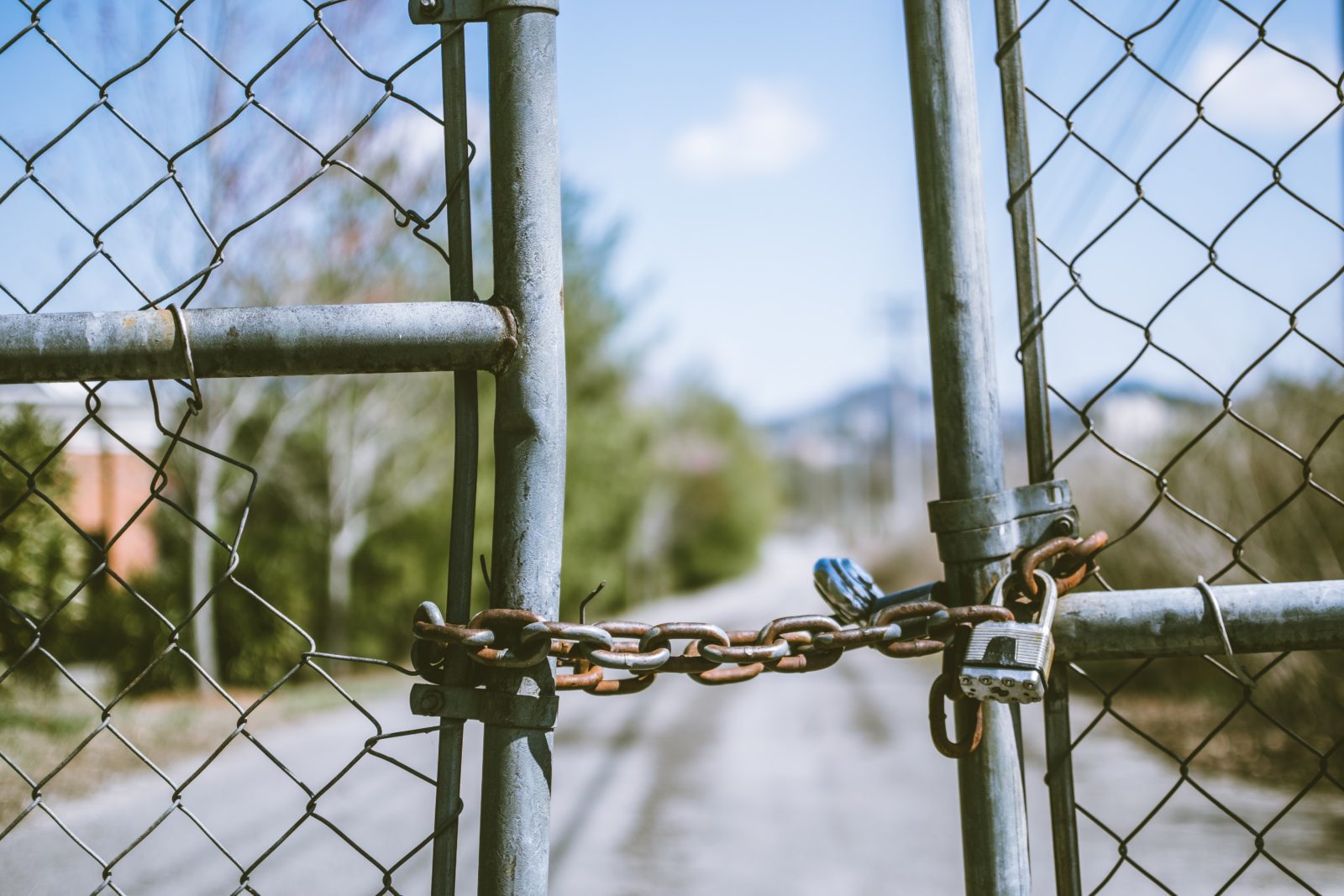The Czech Republic lacks a law regulating the activities of private security agencies, resulting in a dysfunctional market, low-quality employees, insufficient legal protection, and poor wages. The government had initially been committed to presenting legislation by the end of this year. Still, the Ministry of the Interior hesitates to submit the proposal, possibly due to lobbying groups that would be affected by the law.
According to Vaclav Nepras, Chairman of the Security Section of the Economic Chamber, almost every post-revolution government had adopted this law in its program statement. However, lobbying efforts have consistently hindered its progress. The latest version of the law considered the most successful, is again being delayed. Internal reports indicate that the absence of the law leads to low-quality workers, low wages, exploitation, and significant tax evasion.
Minister of the Interior Vít Rakušan has postponed the law’s proposal from September 30 of this year to the end of 2024. Several sources familiar with the matter have confirmed potential lobbying influences. According to the sources, the law is practically ready, and after interdepartmental comments on its economic impacts, a few adjustments remain.
Minister Rakušan stated that the intention to adopt the law remains when asked about lobbying pressures. Still, he wants to promote a different version than the ministry has developed. He explained that the law envisioned establishing a separate department within the Ministry of the Interior, consisting of a licensing authority with about 15 staff members dedicated solely to this task. However, in budget cuts, it is impossible to increase capacities in this manner.
Currently, private security activities are regulated by the Trade Licensing Act, which only outlines general conditions for entering the business. The Czech Republic is the last country in Europe, apart from Germany and Austria, with a robust guild system. Germany is also in the process of drafting a similar law.
The new proposal aims to establish precise entry requirements for entrepreneurs (integrity, debt-free status, security aptitude, professional qualifications) and employees of private security services (integrity, professional, and health qualifications). Adoption of the law and subsequent cultivation of the private security environment are expected to lead to increased tax revenue and social and health insurance contributions, with ministry analysts estimating a potential annual benefit of two to four billion Czech korun to the state budget.
Both experts and the industry agree on the necessity of a new law. Oldrich Rutar, Strategic Affairs Director at M2C Security Agency, emphasized the need for legal definition and competence, rather than solely regulation, of commercial security. Avoiding excessive obligations and administrative burdens is crucial, which would result in increased costs. Václav Nepras concluded that the new legal framework could rectify the market’s current state, as the industry’s entry requirements are minimal, allowing entities lacking full professional, ethical, and moral qualifications to obtain licenses.
In summary, the absence of a law regulating private security agencies in the Czech Republic has led to a dysfunctional market, low-quality employees, inadequate legal protection, and poor wages. Despite previous commitments, the government is currently delaying the submission of the law, potentially due to lobbying influences. The proposed rule establishes precise entry requirements for entrepreneurs and employees, leading to improved standards and increased tax revenue.





